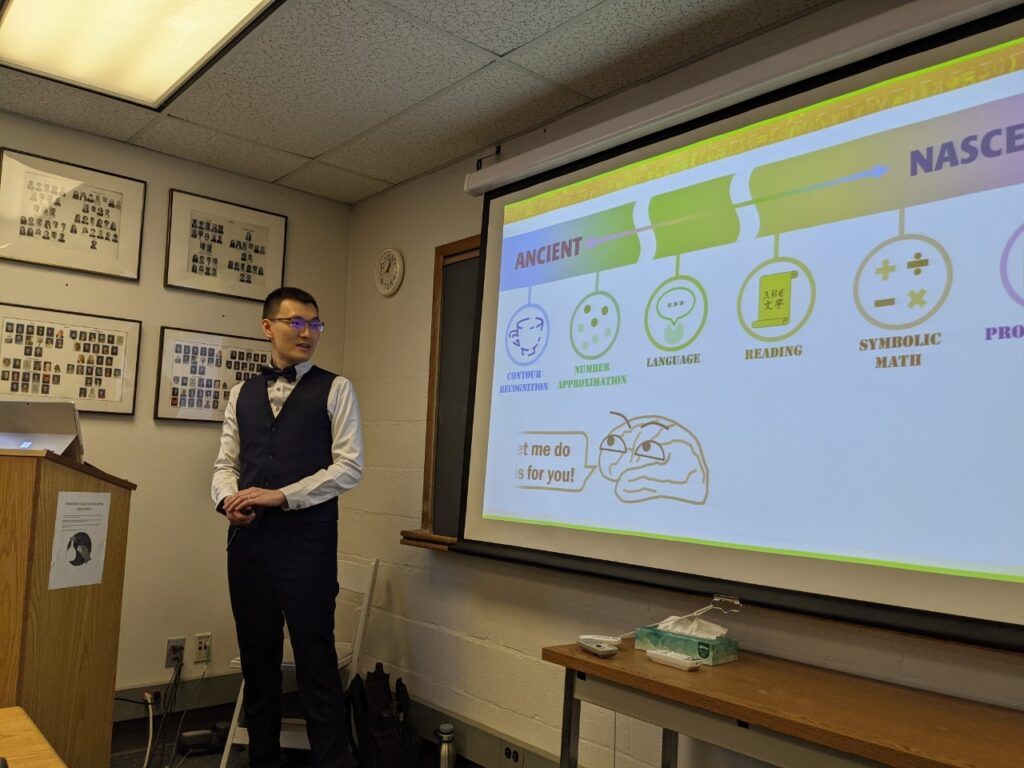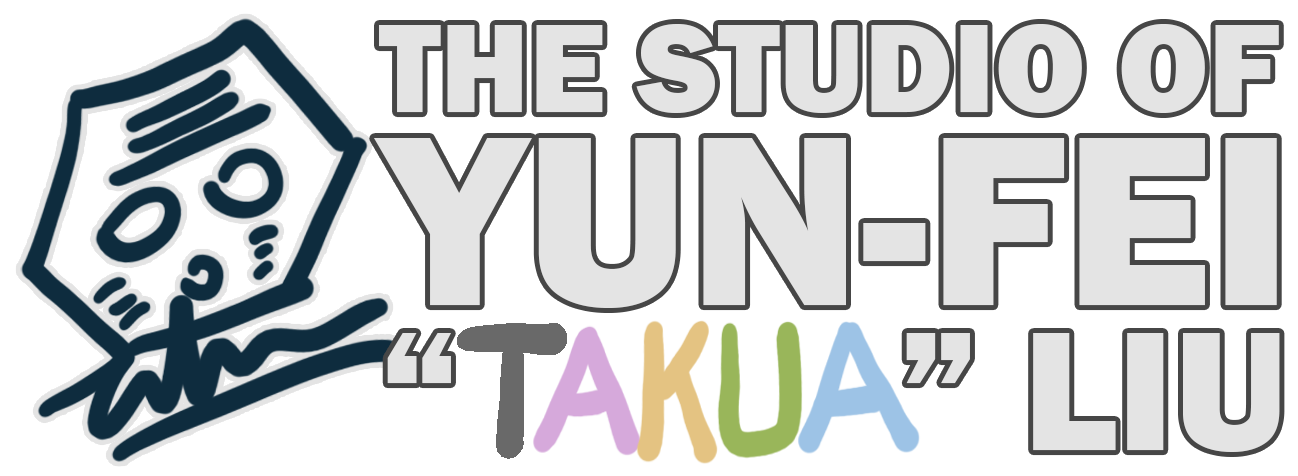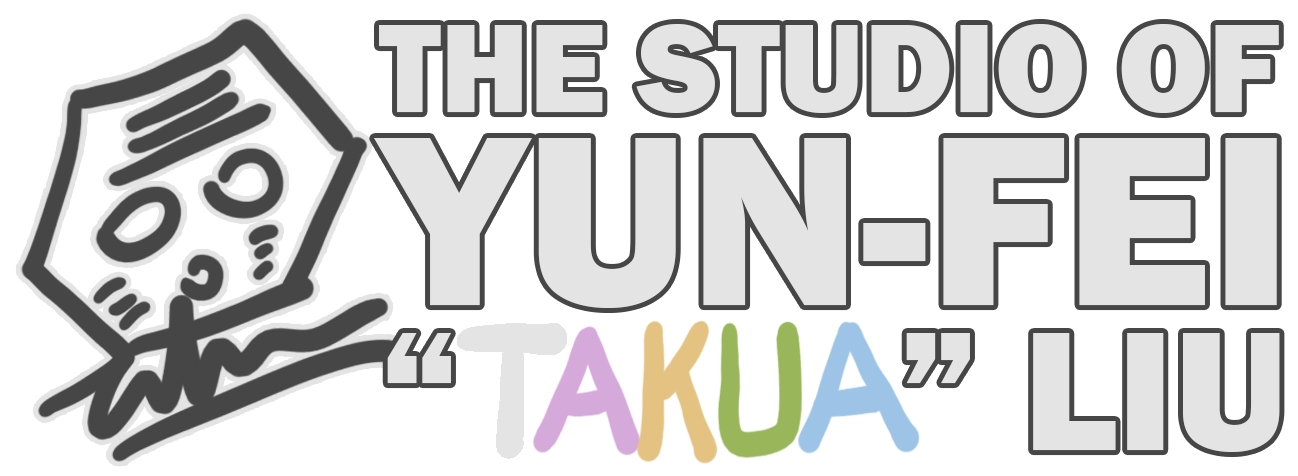On December 12th, 2023, I defended my doctoral dissertation titled “Neural recycling for programming: exploring the cognitive and neural substrates of a culturally-invented symbol system“. Hence, with the approval from my dissertation committee, and the blessings from all my friends and family members, I earned my PhD degree.
It was a long journey spanning across 5.5 years, including a 1.5 year COVID turmoil. I’m glad that I finally reach the goal I have been aiming for since I became aware that I’m receiving education – becoming a PhD. Having achieve this goal, now I’m ready to begin my career as a scientist. I might continue to study neuroscience, or apply my analytical skills to become a more general data scientist, who knows? I believe there are many opportunities in the world, and I will seize one and thrive.

Acknowledgements (also included in my dissertation)
I am immensely grateful to my supportive supervisor, Dr. Marina Bedny. Always beaming with optimism, Dr. Bedny identifies the value in my experimental data that eludes my less academically experienced eyes. I appreciate her tolerance for allowing me to explore a topic substantially different from past research projects in our Neuroplasticity and Development Lab. The resources and advice from Dr. Bedny undoubtedly propelled this project forward.
Another necessary factor for this research is the collaboration with the instructors of the introductory programming course “Gateway Computing: Python“, specifically Dr. Joanne Selinski, Dr. Sara More, Dr. Kwame Kutten, and Dr. Siamak Ardekani. I could not have recruited 50 first-time programming students for the behavioral study (among them 22 additionally took part in the MRI experiment) within 3 semesters but for their help in distributing the recruitment message. The Gateway Computing instructors also provided valuable comments on the topics that interest programming educators. These comments shaped the current project and my future research directions.
Intellectual inputs for this project also came from participants of Dagstuhl Seminar #22402 “Foundations for a New Perspective on Understanding Programming”. Organized by Dr. André Brechmann, Dr. Bonita Sharif, Dr. Janet Siegmund, and Dr. Westley Weimer, this seminar hosted computer scientists interested in the cognitive and neuroscience of programming. I had the great honor of being invited to attend this seminar and learn from computer scientists about which aspects of programming behavior they are most eager to find out the underlying cognitive and neural bases. My thanks go to all the organizers and attendees.
Besides my instructor, I would also like to thank my other dissertation committee members: Dr. Janice Chen, Dr. Colin Wilson, Dr. Jason Fischer, and Dr. Leyla Isik. Specifically, Dr. Chen and Dr. Wilson witnessed the development of this project and pointed me to several useful references and analysis methods.
The more proximal contribution to this project came from all my lab mates, from the past to the present, who have been my MRI scanning buddies. Four lab members additionally helped administer behavioral testing sessions: Carol Lu, Ziwen Wang, Mita Singh, and Catherine Chen. Including myself, this squad of data collection administered approximately 400 sessions. I could not have done all these by myself.
This dissertation took 5.5 years to complete, including the 1.5 years during which data collection was stalled by the COVID pandemic. However, in a more general sense, my journey for the PhD degree began a year prior to my acceptance at Johns Hopkins University when Dr. Uri Hasson of Princeton University hired me as a research specialist in his lab. My time in Princeton acclimated me to life in the US and granted me the opportunity to attend in-person interviews for my PhD program applications. I cannot thank Dr. Hasson enough, as well as all individuals who helped me establish a life in this foreign land. Lastly, this dissertation is also dedicated to my dear family: my parents who have worked hard to ensure I can engage in my intellectual pursuit without financial worries, my younger sister who is doing doctoral research in literature in Paris at this time, and my loving wife Julia Kung who gave me the meaning of life. I wholeheartedly thank them all, and everyone else who has supported me along this adventure.

